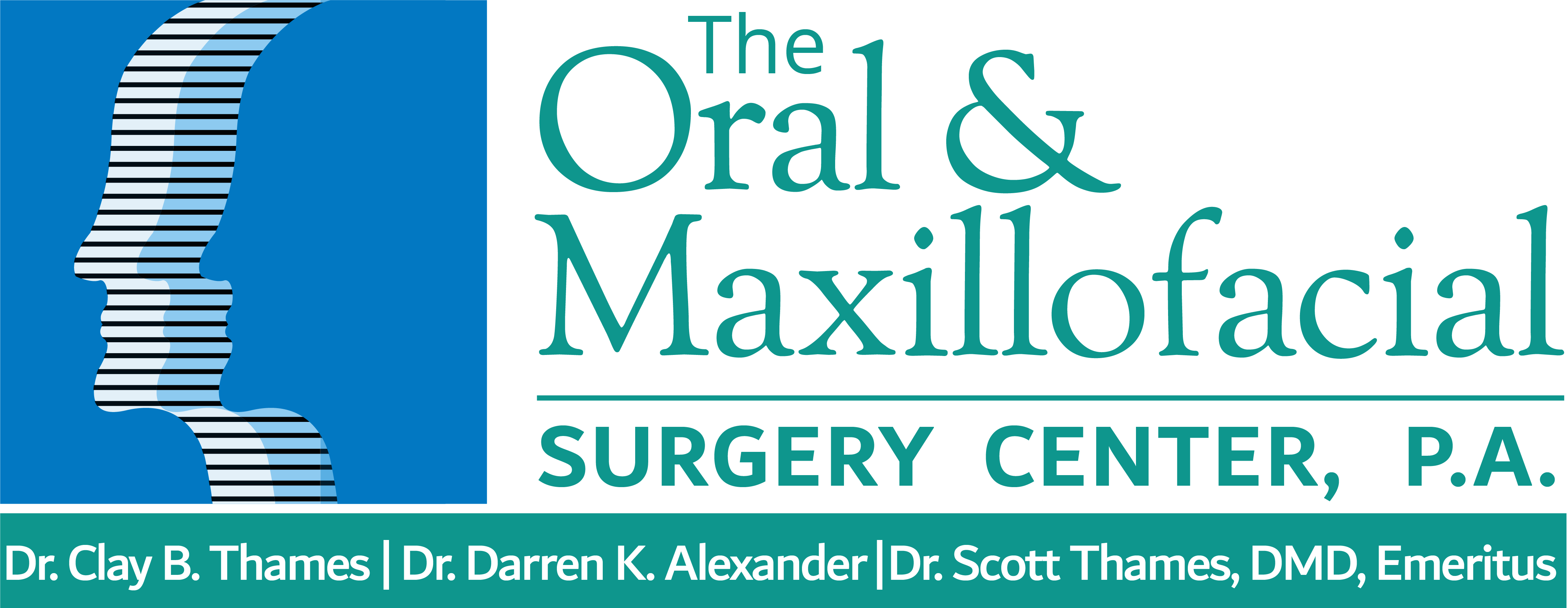Post-Surgical Instructions
Post-operative care is very important. Unnecessary pain and complications, such as infection, can be minimized if these instructions are followed carefully.

Immediately Following Surgery
- The gauze pad placed over the surgical area should be kept in place for a half hour. After this time, the gauze should be removed.
- Vigorous mouth rinsing should be avoided. This may initiate bleeding by causing the blood clot that has formed to become dislodged.
- Take the prescribed pain medications before the numbness begins to wear off. Drinking liquids prior to taking the pain medication may help prevent nausea.
- Restrict your activities on the day of the surgery and resume normal activity when you feel comfortable.
- Place ice packs on the side of your face where the surgery was performed. Refer to the section on swelling for a more thorough explanation.
Bleeding
A certain amount of bleeding is to be expected following surgery. Slight bleeding, oozing, or redness in the saliva is not uncommon. Excessing bleeding may be controlled by first rinsing or wiping any visible blood clots from the area of bleeding, and then by placing a gauze pad over the area and biting firmly for 30 minutes. Repeat if necessary. Resting with your head elevated will also help with bleeding. If the bleeding still does not subside, call our after-hours contact number for further instructions.
Pain
Pain following your surgery will typically be most severe when the numbness begins to wear off. You should take the prescribed pain medication as soon as you get your prescriptions filled. Follow the dosing instructions carefully. Do not drive or operate machinery while taking prescription pain medication. If pain is not well controlled and you are able to take ibuprofen, 600 mg of ibuprofen (3 tablets) can be taken every 6 hours along with your prescription pain medication. Discomfort following surgery will typically begin to dissipate after the third postoperative day. If pain continues or is not well controlled, you should contact our office.
Diet
It is recommended that your diet be restricted to liquids only immediately after IV sedation or general anesthesia. Once the effects of the anesthesia have worn off, it is okay to begin eating soft foods by eating in the unaffected areas. Avoid any hot foods while your mouth is still numb. It is best to avoid straws as suction from the straw could dislodge the blood clot. A high-calorie, high-protein diet is important. Your food intake will be limited for the first few days. You should compensate for this by increasing your fluid intake. Try not to miss meals. You will feel better, have more strength, tolerate medications better, and heal faster if you eat regularly.
Nausea and Vomiting
In the event of post-operative nausea/vomiting following surgery, do not eat or drink anything for approximately an hour. Then begin sipping cold Coca-Cola or ginger ale. If symptoms persist, call for further instructions.
Tobacco
You should refrain from all tobacco use for one week following surgery. Tobacco use delays healing and could contribute to post-operative pain and complications.
Antibiotics
If you are prescribed antibiotics following your procedure, take the medication as directed and until completed. Discontinue only in the event of a rash/allergic reaction, or other reaction such as severe diarrhea. Notify our office if such a reaction occurs.
Swelling or Bruising
Swelling or bruising is often a normal part of the recovery process following surgery. This will often not be noticed until the day following surgery and will not reach its maximum until two to three 2-3 days post-operatively. Ice packs to the affected areas and keeping your head elevated will help minimize swelling. Ice can be used for the first 48 hours. This can be changed to moist heat after the first two days. If swelling worsens after the first 3-4 days following surgery, call our office for evaluation.
Keeping Your Mouth Clean
You should avoid rinsing your mouth until the day following surgery. The day following surgery, begin rinsing with any prescribed mouth rinses 2-3 times a day. Avoid eating or drinking for 30 minutes after prescription mouth rinses. Warm saline rinses can also be used as desired after the first day. Avoid brushing around surgical sites for the first 3 days, then begin brushing very gently.
Finally
- Stitches placed as part of your surgery are dissolvable and may come out prematurely, even as early as the first day following surgery. Do not be alarmed, this should not affect your recovery.
- There will be a void where the tooth was removed. The void will fill in with new tissue gradually over the next month. In the meantime, the area should be kept clean with mouth rinses or irrigation (if demonstrated).
- Your lips may be dry following surgery. Your lips should be kept moist with an ointment such as Vaseline.
- Difficulty with opening your mouth widely after surgery is not uncommon. This should improve after the first few days following surgery.
- We appreciate you choosing our office to help you with your needs and will be happy to help you through your recovery process. If you have any additional questions or concerns, please call and we will be happy to help you in any way we can.
LOCATIONS
6284 US Highway 98, Hattiesburg, MS 39402
Phone: (601) 271-2356
Email: oralandmax2@thamesoms.com
Fax: (601) 271-2374
- MON - FRI8:00 am - 5:00 pm
- SAT - SUNClosed
325 South 13th Avenue, Laurel, MS 39440
Phone: (601) 425-2356
Email: oralandmax1@thamesoms.com
Fax: (601) 426-9038
- MON - FRI8:00 am - 5:00 pm
- SAT - SUNClosed
